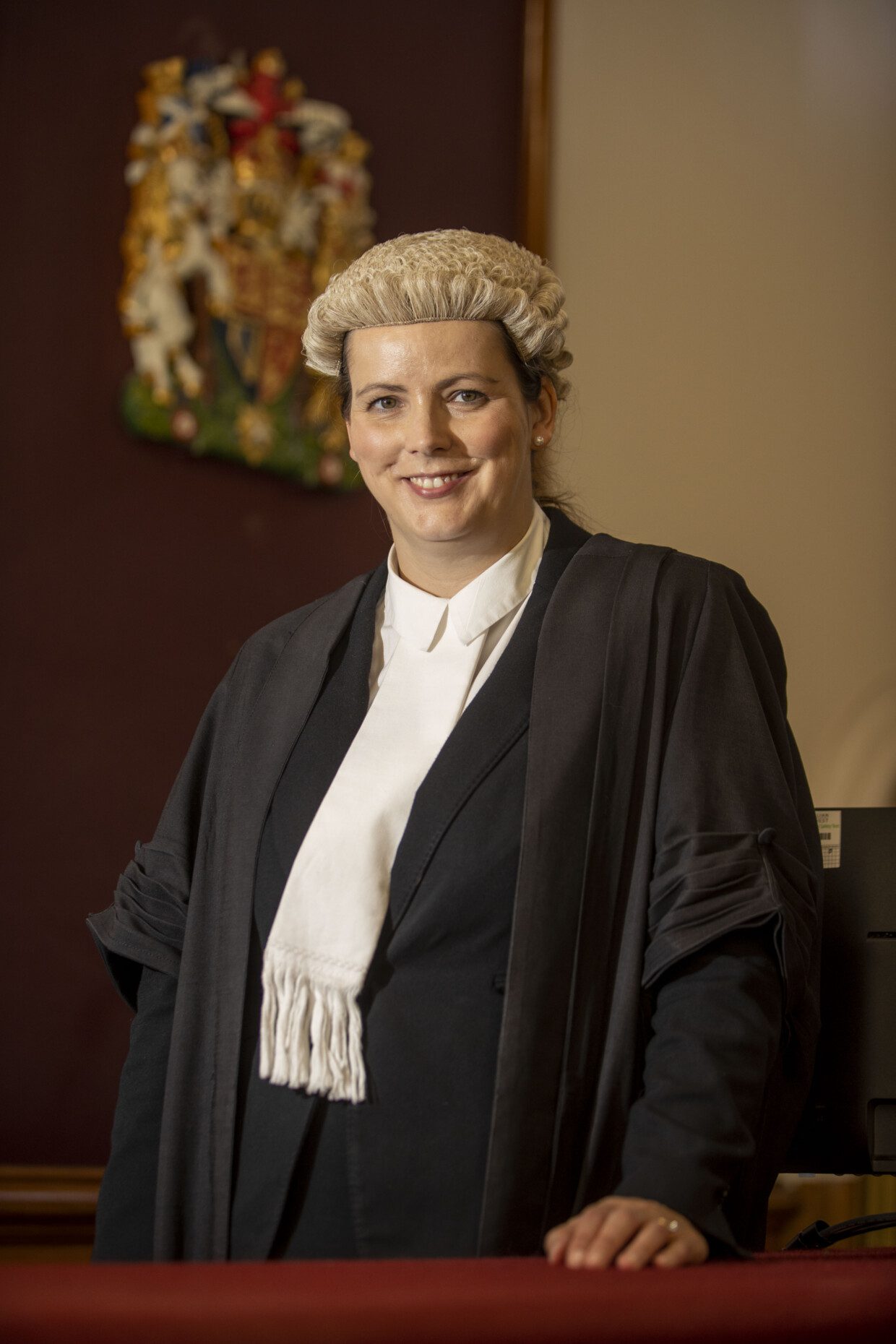How problem-solving courts are making a difference

Sheriff Jillian Martin-Brown explains how her specialist court works
I have seen the positive differences Forfar problem-solving court can make to people’s lives. It provides extra support and supervision through a specialist court hearing that can really improve someone’s opportunity of rehabilitation through community sentences.
I am the sheriff who currently presides over the court and I’ve seen how it can support people to complete their community payback orders. These can include unpaid work, supervision, programmes to address alcohol and other issues or all of those requirements.
It began as a partnership between sheriffs sitting in Arbroath Sheriff Court and the Glen Isla project, a women’s community justice service run by Angus Social Work Department. That partnership was transferred to Forfar in 2016.
The court currently deals with summary cases – the less serious ones – where addiction or other issues can make completion of community sentences very challenging.
At the moment we hold a monthly dedicated problem-solving court. In this I aim to use the authority of the court to enhance the potential of rehabilitation through community sentences. My aim is to combine different types of treatment provided in the community with regular court reviews so that I can monitor the progress of the people I sentence.
Glasgow and Edinburgh also have specialist problem-solving courts but Forfar is different in that it covers a wide geographical area that is more rural in nature than the large urban courts. While there are no formal entry criteria, there is a particular focus on women and young men, who are often in need of the most support to complete their community sentences.
Where appropriate, I take a trauma-informed approach to deal with people by recognising the potential impact of adverse childhood experiences, and take into account that some of the behaviours of the people before the court are a result of traumatic experiences.
A practical example is that we schedule the problem-solving court in the afternoon, when the court building is usually quieter and less busy. My experience is that people feel less intimidated discussing their progress within that setting.
Each person’s journey is different, but where appropriate, I will start off by sentencing someone to a structured deferred sentence for a short period to see how well they comply.
This is a structured intervention for a period of time for individuals who have been convicted, before they’re given a final sentence. It can put support in place to help people address a range of complex needs and look at the underlying causes of their offending behaviour. This would usually be followed by a longer period of a structured deferred sentence with a view to eventually imposing a community payback order with regular reviews.
For many people these types of sentences can be longer and more demanding than a short custodial sentence. Relapses can be a part of recovery and regular reviews can pull people back on track and ensure they remain accountable.
I have seen positive outcomes that have been assisted by the reviews in the problem-solving court. For example, one young woman who had been sentenced to two community payback orders was supported by the Glen Isla Project to obtain her own tenancy and start a college course. She was justifiably proud of her progress in changing her offending behaviour and justifiably proud of how hard she worked to achieve that.
Looking to the future, I hope that we will be able to continue with the specialist court and support people with completing these demanding sentences in the community.
